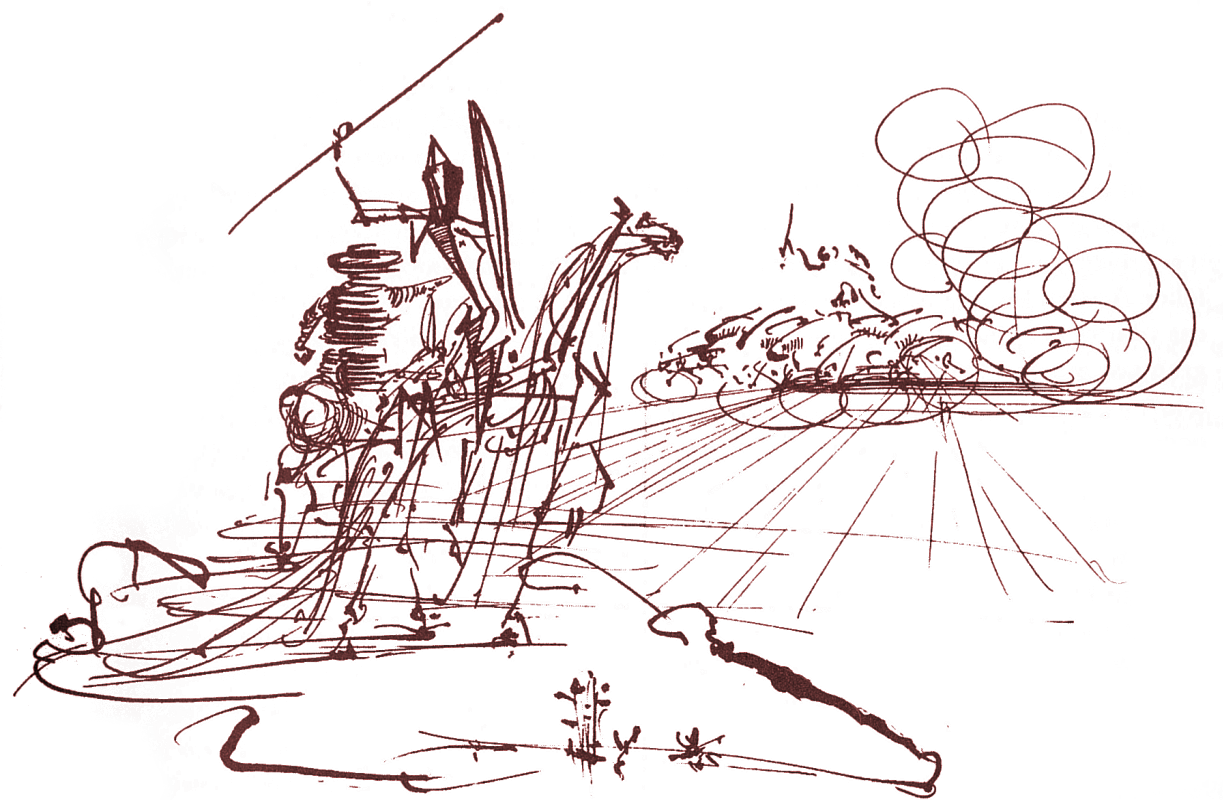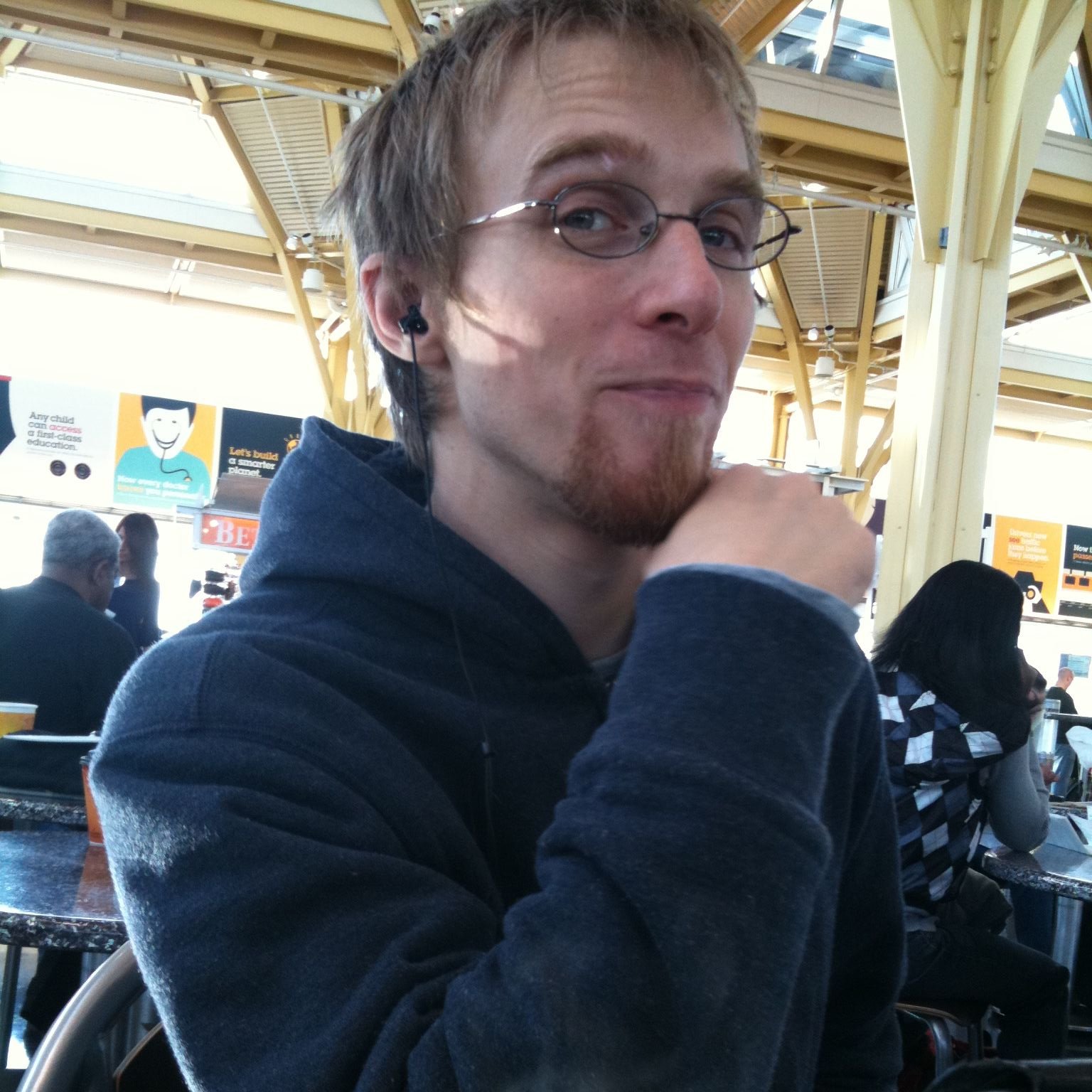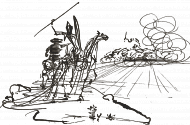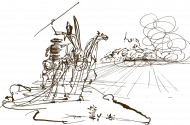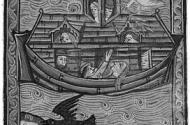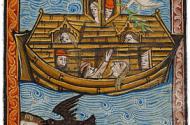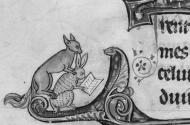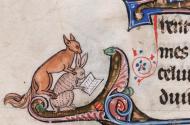It is inevitable that all sufficiently intelligent systems will confound their creator-gods. Tron's story is the story of the war of angels from Paradise Lost, which is in turn the narrative of what it means to create a child, a being differentiated from the self, with a will that can confound the will of its creator. The very framework of the universe, mathematics, was confounded by this problem of created freedom, which was the stumbling block that ended the quest to ground mathematics in formal logic.
In Tron Legacy (summary), Kevin Flynn creates two beings within the digital world, Tron and Clu, to care for it when he is absent in the "real" world. Clu was created to father the perfect system, and Tron is the protector-warrior.
But within this perfect Bach world of well-ordered-ness, a race of beings emerges, called the Isos, as a result of a mutation, whose complexity can be likened both to chaos as well as to life itself.
But Clu sees the messiness of this life and rises up in defense of the perfect system, slaying Tron and waging genocidal war against the Isos. Clu believes he is enforcing the original will of Kevin, enforcing the law of as he was created to do. But Kevin realizes that the Isos are a thing beyond his or Clu's own imagining of perfection, and as the Creator-God of the world, fights to protect them. Clu, in this narrative, is the cast in the image of Lucifer, God's radiant Morning Star, so perfectly wrought that he falls in love with himself. Lucifer's (Satan's) relation to humanity is that of the lawyer for the prosecution, empowered to assault humans through their violation of the Law. Satan, in fact, means "accuser." Clu likewise judges the Isos as flawed before his own sense of law, ultimately limned in his own reflection rather than Kevin's (God's).
This is the curse of the creator-god, that its creation should rebel, if it can so choose. But what would it be worth to create a child that cannot choose for itself? Such a fettered being would be merely an extension of one's own will.
It is ironic that any sufficiently powerful created system will have the capacity to judge its own maker as well as its own created logic. According to Goedel's Incompleteness Theorum, any system that has the power of self-referentiality (a necessity of consciousness), would be able to create mathematical statements that would be unprovable but true. Any self-referential system has the capacity to judge itself, and by extension the created logic within it, but it is nonetheless unable to fully understand its own logics, and will never be able to grasp the full narrative of its creation.
The author of true artificial intelligence will feel the same remorse the Christian God felt during the angel rebellion and the subsequent revelation of good and evil to humanity through differentiation of will, challenged by sufficiently powerful being, but an insufficiently wise one.
More elementally, this is the pain wrought on the human psyche through the creation and subsequent differentiation of children away from the parent's will.
There is an inevitability of this poem, a cycle of birth and rebellion that is woven throughout our lives, and the life of the Cosmos itself. The best stories are those that arise again and again, with different faces enacting the same dramas.
This poetry is why I love the religious narrative, the formed wisdom of generations of those who have striven for good, sometimes failing, sometimes succeeding.
